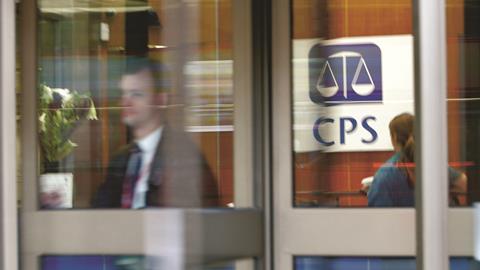Bringing criminal proceedings is a serious undertaking and can have significant consequences for those accused, even if they are ultimately acquitted. It is imperative that all prosecutions are conducted in an independent and impartial manner.
Most lawyers acting on behalf of a complainant in criminal proceedings seek to replicate, where possible, the behaviour expected of a public prosecutor. However, there have been attempts to initiate private prosecutions which are: based on insufficient evidence; not in the public interest; motivated by improper considerations; or vexatious. Moreover, even properly brought private prosecutions carry an inherently greater risk of partiality or unfairness to the defendant than a public prosecution. For example:
- Lawyers acting for the complainant have a professional obligation to act in their client’s best interests, but also to act as a minister of justice. This can lead to conflicts of interest where the client’s needs or demands are inconsistent with maintaining the integrity of the prosecution or result in the inappropriate disclosure of information.
- Public prosecutors have a duty to pursue all lines of inquiry and comply with onerous disclosure obligations. Private clients may be reluctant to commit the funds necessary to conduct a thorough investigation or disclosure exercise.
- Communications between a client and their lawyer attract privilege that does not exist in a prosecutor-complainant relationship. To comply with disclosure obligations, a complainant in a private prosecution may have to waive privilege or face the prospect of offering no evidence and the consequent cost penalties.
- Where there are concurrent civil proceedings, issues can arise if criminal proceedings are used as leverage to obtain a civil settlement or, conversely, a strong criminal case is dropped in order to facilitate a civil settlement.
To ensure fairness, public prosecutors are required to comply with various codes (such as the Code for Crown Prosecutors). It is surprising that private prosecutors are not legally obliged to comply with these same codes, given the inherent risks of partiality. We believe that devising a code of conduct for private prosecutors would raise standards, increase public confidence, protect both victims and defendants from prejudice, and facilitate proper scrutiny of the ethical issues unique to this type of prosecution.

Clearly, a good starting point would be to review the guidance, codes and legal provisions that apply to public prosecutors (such as the Criminal Procedure and Investigations Act 1996, the Code for Crown Prosecutors and the Police and Criminal Evidence Act 1984), and adapt them as necessary. This would ensure that the conduct of a private prosecutor meets the same high standards as that of a public prosecutor. This is not controversial, as most private prosecutors already abide by these provisions.
Such a code of conduct needs to go further. To provide meaningful guidance to expert practitioners and establish a set of principles for the conduct of private prosecutions that can be relied upon by complainants, defendants and the courts, it would need to grapple with various thorny issues. These primarily arise from the relationship between the lawyer and their client, and impact the fairness and integrity of the process. This is more difficult to achieve. Unfortunately there is no consensus on how these ethical issues should be resolved or even on what constitutes ‘best practice’.
By consulting widely among private prosecution experts (including those defending private prosecutions), we believe that this can be explored in detail, with a view to devising a code of conduct that addresses the balance between the interests of the client and the requirement to act as a minister of justice.
There is widespread support for greater guidance and for the development of a voluntary code of conduct for private prosecutors. We believe that this is essential to maintain public confidence, uphold and improve standards, and ensure that both complainants and defendants have access to a fair and just system.
Hannah Laming is a partner at Peters & Peters Solicitors and chair of the Private Prosecutors’ Association. Annabel Kerley is a director at EY and vice chair of the Private Prosecutors’ Association.
































1 Reader's comment